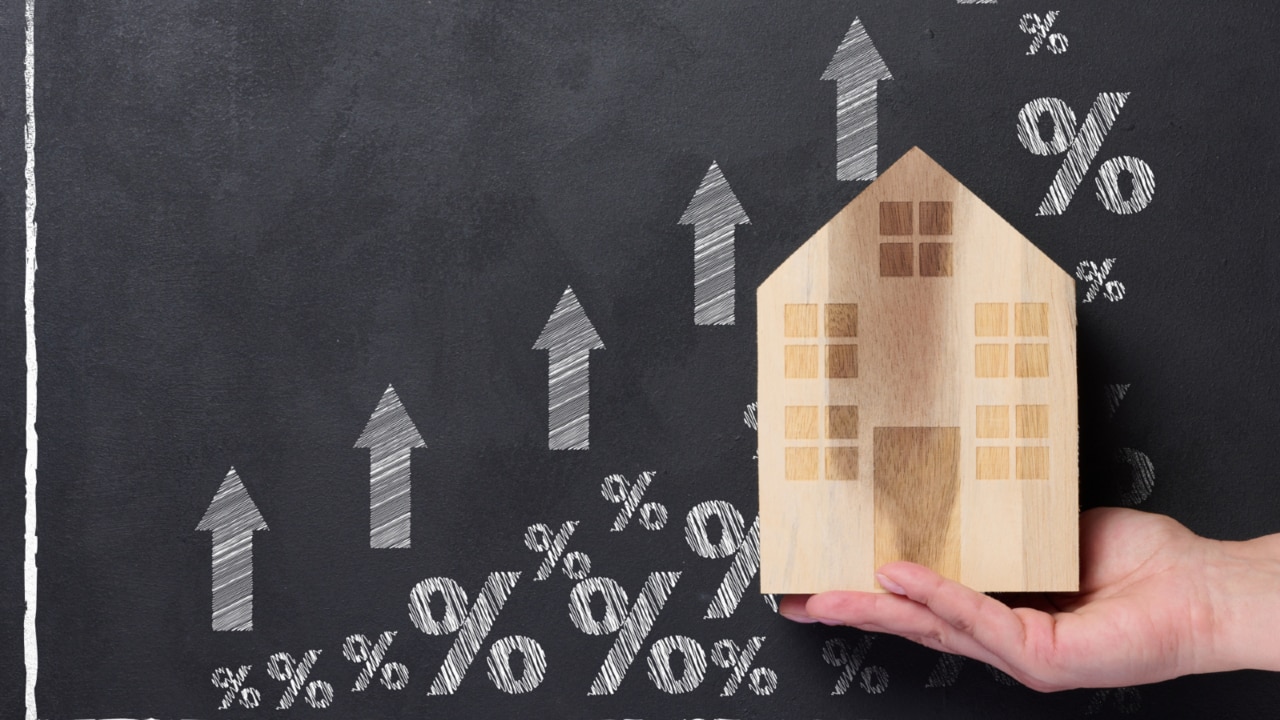
Should I still invest in property when interest rates are going up? How high is too high before I consider selling my property? Is it possible to achieve cashflow positive properties when interest rates are higher? These are some of the questions that property investors are asking right now. So, what do rising interest rates mean for you?
How much you pay in interest on your loan is a cost associated with holding your property. If you can’t afford the holding costs on your investment property or if the costs adversely affect your lifestyle, you’re more likely to want to sell your property because it’s too stressful to keep it. Many investors and commentators focus on capital growth, however, if you can’t afford to keep your property then you’ll never realise the capital growth.
The good news is – yes, there is good news, despite to ‘doom and gloom’ clickbait in the media, that rates are still historically very low. In most cases, and for most investors, under 5%. Most investors will see property investment as a long-term proposition. Over the past 25 years, property in Australia has grown at a rate of 6.8% per annum, compounded. In 2021, property prices across Australia increased by an average of 27.5%. If your loan is under the average long-term growth rate of 6.8%, then in simple terms, you’re ahead of the game. Remember that interest rates are just one metric, just one cost associated with your property investment. It’s important to understand why interest rates are going up and what else investors should be looking at. Interest rates are one of the few levers that the RBA has to help control inflation and unemployment. The biggest difference between our last global shock – the GFC and Covid-19 is the liquidity in the market. With governments all over the world handing out cash to businesses and their constituents to ensure there isn’t a terrible social shock associated with not having the ability to work, there is a lot of cash in the economy. Too much cash leads to inflation. Raising interest rates will target home-owners and property investors. Last week, the RBA Governor Philip Lowe, recommended to the government that they consider raising taxes to help combat inflation. By doing so, the burden of our inflation problem will be evenly spread. As investors, we should consider raising rents so that we all share the load in combatting inflation. In my experience, property investors aren’t rich people in big houses, counting their money. They’re ordinary Aussies, earning between $80K - $120K a year who have saved hard to invest in their first property because they’re genuinely concerned about their retirement.

When I started Calla Property, nearly 8 years ago, the target cash rate was 2.5%. Today the target cash rate as set by the RBA is 2.85%. The properties that I was recommending then cost around $400K. Most of those properties today are worth over $800K. So, the answers to the questions I’ve been asked a lot lately, as outlined above are: Should I still invest in property in property interest rates are going up? – Yes. The average capital growth is higher than the RBA target cash rate and when the rent and tax minimisation are factored in, both the short-term and long-term financial positions should be positive. How high is too high before I consider selling my property? – As long as the holding costs associated with holding the investment property don’t adversely affect your lifestyle then don’t sell as the compound interest is the greatest factor in wealth creation. Is it possible to achieve cashflow positive properties when interest rates are higher? Yes, especially after tax.
It is so important, to trust an experienced property investor with your property strategy. Unfortunately, covid has seen many people ‘pivot’ into this realm as the barriers to entry are relatively low compared to other professions. What will determine your success is the research, an experienced team behind you, and clarity around what are the best properties for investment right now.